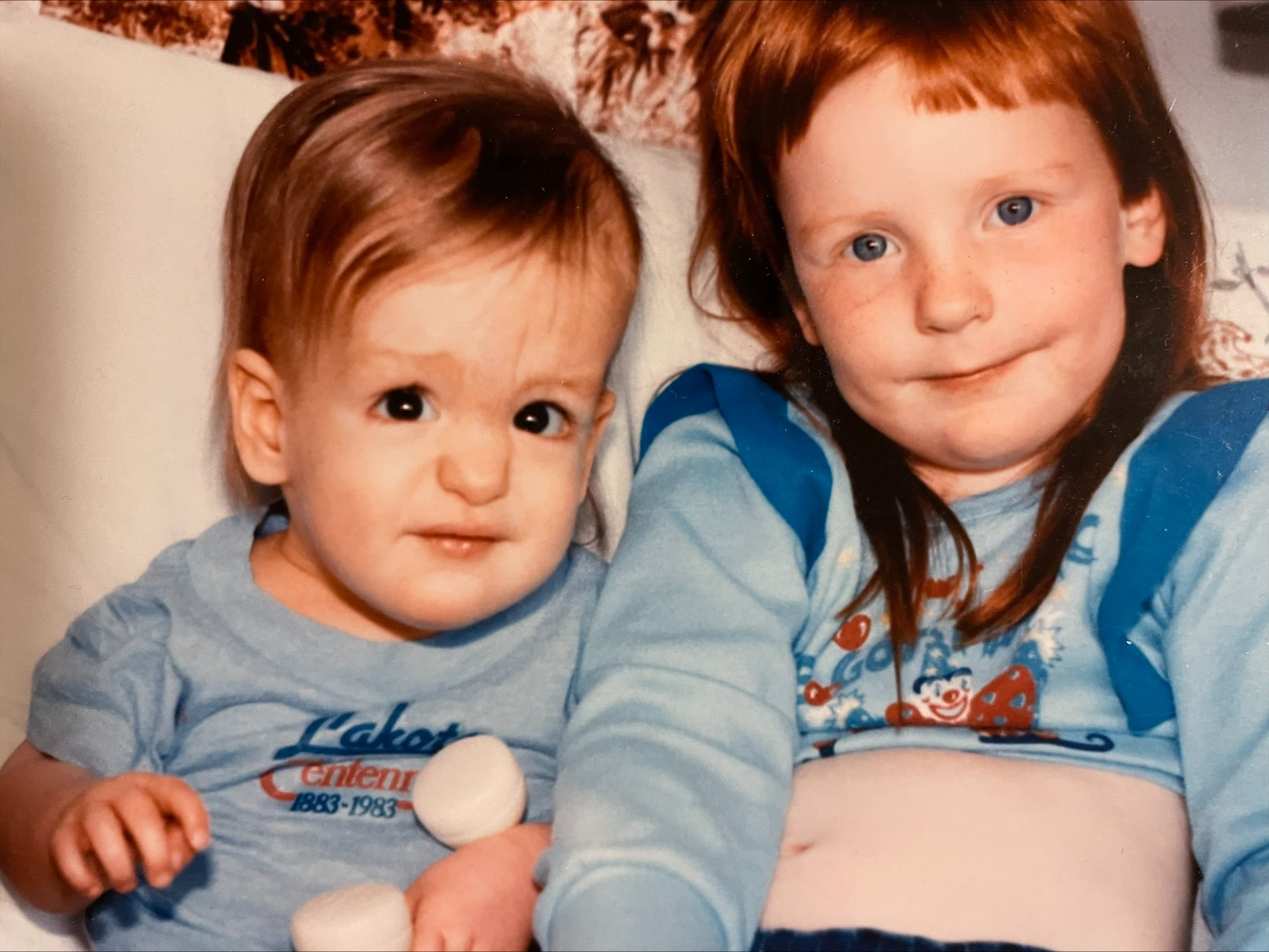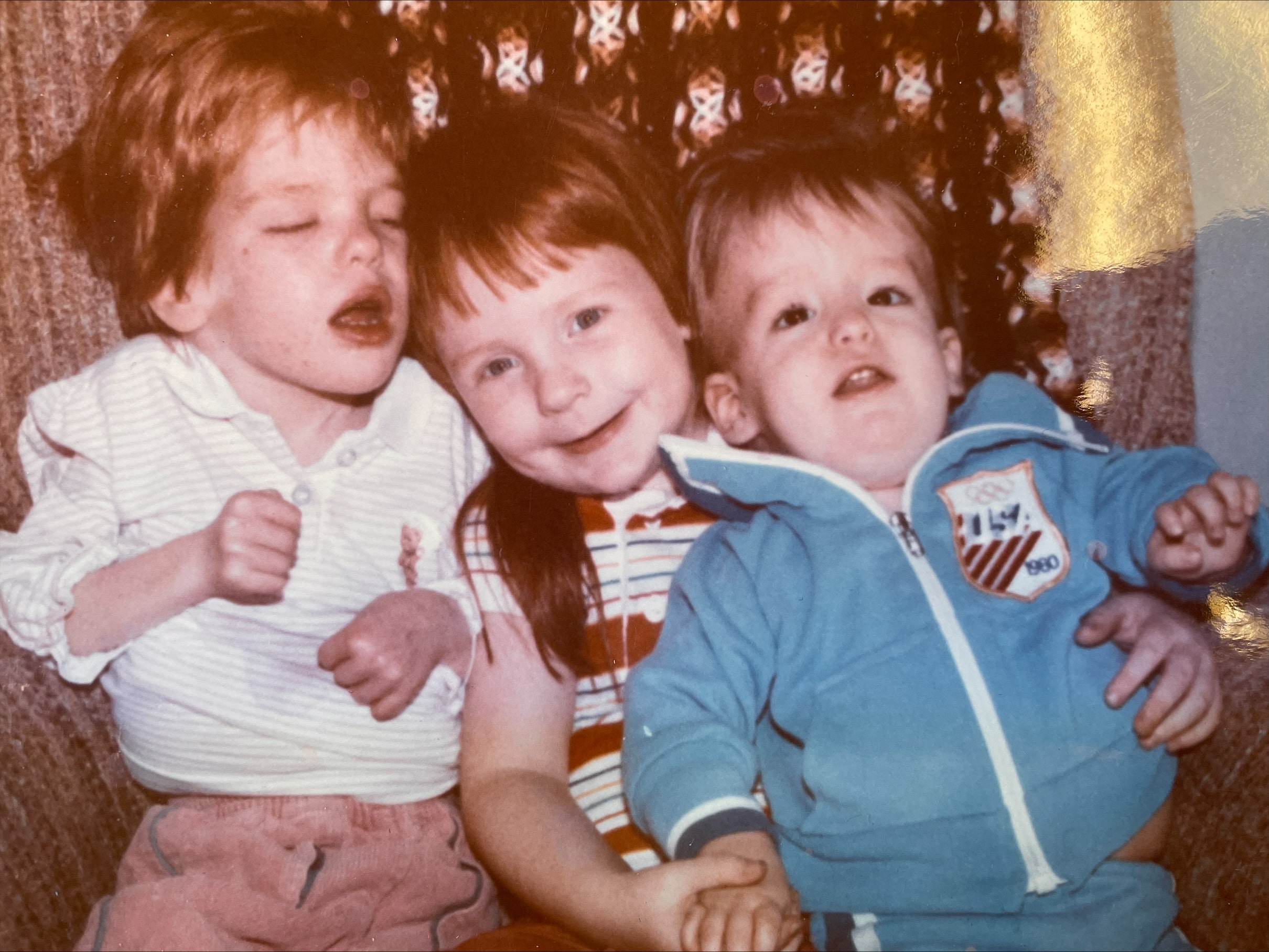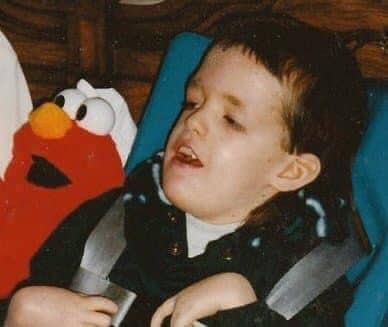The pain stayed, but my parents didn’t let MSD stop us from having fun as a family. … We were there for each other, while we had each other.




Our MSD Journey
My older sister, Jill, was born in 1976 in Mandan, North Dakota. At three months old, Jill started having trouble with her vision. She could sit up and crawl independently, but she was developing differently from anyone else in our family. Unlike other kids her age, Jill never got the joy of walking. Doctors were unsure what the cause was in those early years, believing that Jill was just delayed in her growth. Our family did everything in their power to help adapt to Jill’s regression, even as I, Kara Anseth was born five years later — happy, healthy, and unaffected by the deterioration impacting my sister. My big sister would struggle for two more years after I was born, before being diagnosed with Multiple Sulfatase Deficiency (MSD) in 1983. She was seven years old.
The doctor told us she was only the 12th case in the country and that she had a life expectancy of only eight years old. Hearing we might only have one year left with Jill felt like a bomb had dropped on our family, and everything turned upside down. Shortly after Jill’s diagnosis, my little brother, Max Anseth, was born, and at nine days old, he tested positive for MSD, too. I had two siblings who I wouldn’t get to grow up with, and it devastated me and my family.
The pain stayed, but my parents didn’t let MSD stop us from having fun as a family. We loved to travel together, even though we had to be careful about distance due to Jill’s and Max’s temperature regulation issues. Playing dress-up was our favorite family activity. Everything we did was to make each other happy in whatever way we could. Jill used her Make-A-Wish to get her and Max a hot tub so they could have hydrotherapy every week. We were there for each other, while we had each other.
I remember the day I finally understood the true horror of what it meant to have MSD. My father picked me up from school in tears, and it finally hit me: this was the end of our time with Jill, the only sister I would ever know. Brought in by bedsores, during Jill’s final stay in the hospital, the doctors questioned my family about possible malnourishment because of how skinny she looked. Only after they saw how much Jill would eat for our mother did they accept that her weight was an outcome of the disease. Jill passed away at age 14, weighing only 17 pounds.
While our time with Jill was too short, her impact was significant. Having two children with MSD is heartbreaking, but we knew we had the ability to help Max more thanks to the trial and error of assisting Jill through her struggles with MSD. Because of all the time our family spent caring for Jill, we could contribute to early intervention when it came to Max’s care. While he could never see, sit up, or crawl on his own, it never stopped him from being a happy boy who loved spending time with me, playing dress-up, and sitting in my lap. We would read together and listen to music as long as he was right near me. He always enjoyed the twang of a country song, and he even got to meet Willie Nelson and Tanya Tucker in Nashville. He had an amazing sense of hearing and loved music, Elmo, and the pools. Max was also a mama’s boy and never wanted to leave our mother’s side. He passed away while I was a freshman in college, and though I knew it was time, it didn’t make the goodbye any easier.
Caring for Jill and Max is one of the biggest reasons I now work with special needs students and teach preschool. I understand how important early intervention is when it comes to caring for children. I will always cherish my time with my big sister and my little brother, and I have a poem that brings me comfort when I feel sad:
Welcome to Holland, by Emily Perl Kingsley
“I am often asked to describe the experience of raising a child with a disability – to try to help people who have not shared that unique experience to understand it, to imagine how it would feel. It’s like this……
When you’re going to have a baby, it’s like planning a fabulous vacation trip – to Italy. You buy a bunch of guidebooks and make your wonderful plans. The Coliseum. The Michelangelo David. The gondolas in Venice. You may learn some handy phrases in Italian. It’s all very exciting.
After months of eager anticipation, the day finally arrives. You pack your bags and off you go. Several hours later, the plane lands. The flight attendant comes in and says, “Welcome to Holland.”
“Holland?!?” you say. “What do you mean Holland?? I signed up for Italy! I’m supposed to be in Italy. All my life I’ve dreamed of going to Italy.”
But there’s been a change in the flight plan. They’ve landed in Holland and there you must stay.
The important thing is that they haven’t taken you to a horrible, disgusting, filthy place, full of pestilence, famine and disease. It’s just a different place.
So you must go out and buy new guide books. And you must learn a whole new language. And you will meet a whole new group of people you would never have met.
It’s just a different place. It’s slower-paced than Italy, less flashy than Italy. But after you’ve been there for a while and you catch your breath, you look around…. and you begin to notice that Holland has windmills….and Holland has tulips. Holland even has Rembrandts.
But everyone you know is busy coming and going from Italy… and they’re all bragging about what a wonderful time they had there. And for the rest of your life, you will say “Yes, that’s where I was supposed to go. That’s what I had planned.”
And the pain of that will never, ever, ever, ever go away… because the loss of that dream is a very very significant loss.
But… if you spend your life mourning the fact that you didn’t get to Italy, you may never be free to enjoy the very special, the very lovely things … about Holland.”
Written by Krista Ortega (Student Ambassador)
Let’s Connect
Connect with MSD families and get valuable information from medical researchers and doctors.
